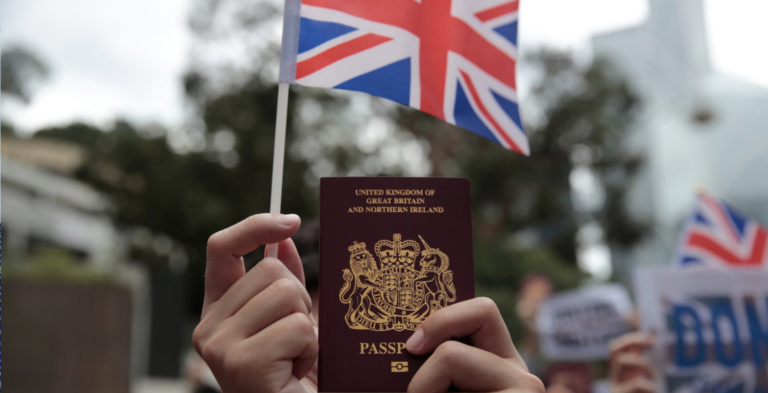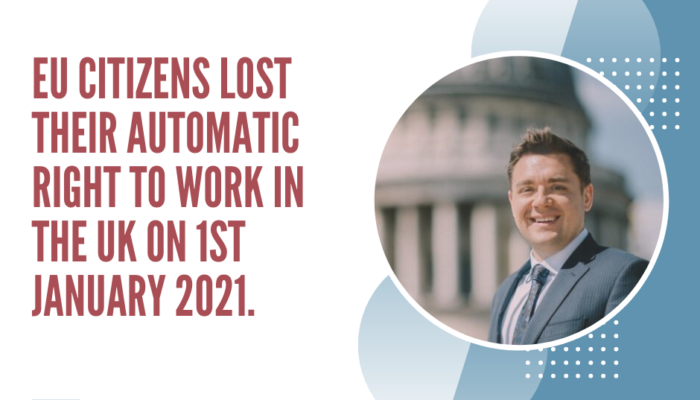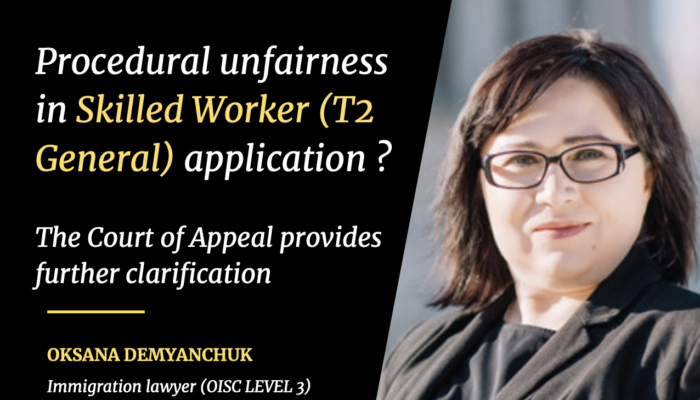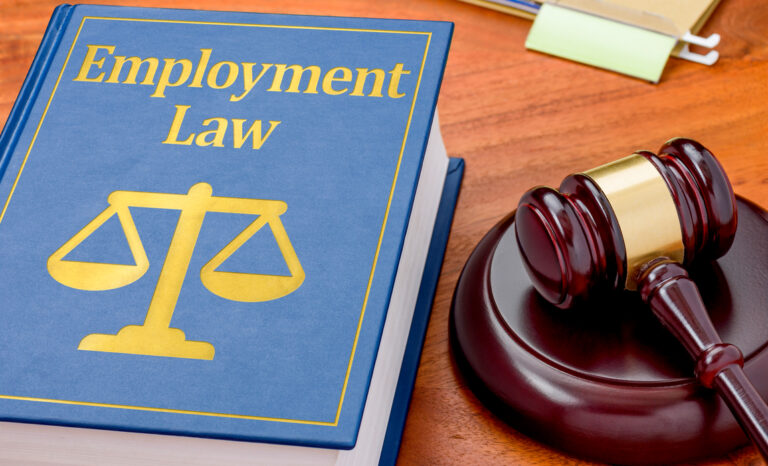Discrimination at work

In the ever-evolving landscape of employment law, the importance of fair treatment and non-discrimination cannot be overstated. As employees and employers alike strive for workplaces that foster inclusivity and equality, legal expertise becomes essential to navigate the complex terrain of employment discrimination.
Sterling Law, a distinguished UK law firm, stands as a steadfast ally in the pursuit of justice and equality for all. With a team of seasoned employment discrimination solicitors, Sterling Law is committed to safeguarding the rights of individuals and businesses against discrimination in the workplace.
What Is Discrimination at Work?
Employment discrimination takes many forms, ranging from overt acts of prejudice to subtle biases that can hinder career advancement. It encompasses discrimination based on various factors such as race, gender, age, disability, sexual orientation, religion, and more. Discriminatory practices can manifest during recruitment, hiring, promotion, pay, training, and even termination. These actions not only infringe upon the rights of employees but also weaken the fabric of a diverse and productive workforce.
In the United Kingdom, robust laws are in place to combat employment discrimination and promote inclusivity. The Equality Act 2010 is a cornerstone of UK legislation that addresses discrimination on the grounds of 9 protected characteristics:
- age;
- disability;
- gender reassignment;
- marriage and civil partnership;
- pregnancy and maternity;
- race;
- religion or belief;
- sex;
- sexual orientation.
This Act provides a comprehensive framework to ensure that individuals are protected from discriminatory practices across all stages of their employment journey.
Forms of Discrimination at Work
Workplace discrimination can take many forms:
Direct discrimination. This occurs when someone is treated less favorably than others due to a protected characteristic. For example, if an employee is denied a promotion solely based on their age, it constitutes direct age discrimination.
Indirect discrimination happens when a workplace policy, practice, or criterion applies equally to everyone but has a disproportionate negative impact on a particular protected group. An example would be implementing a dress code that disproportionately affects employees of a certain religion.
Harassment involves unwanted behaviour, comments, or actions that create a hostile, intimidating, or offensive work environment. Harassment can be based on any protected characteristic, such as sexual harassment, racial harassment, or disability-related harassment.
Victimization occurs when an individual is treated unfairly because they have made a complaint or participated in legal proceedings related to discrimination. It’s unlawful to retaliate against individuals who exercise their rights under anti-discrimination laws.
Bullying. While not a legal term in the same way as discrimination, workplace bullying involves repeated and unwelcome behaviour that causes distress or harm. It can encompass various forms of mistreatment, including verbal abuse, humiliation, or exclusion.
Associative discrimination pertains to treating an individual unfairly due to their association with someone who possesses a protected characteristic. For example, discriminating against an employee because they have a family member with a disability.
Perceptive discrimination occurs when an individual is treated unfairly due to a perceived characteristic, even if they don’t possess that characteristic. For instance, if an employee is subjected to discrimination because they are perceived to be of a certain sexual orientation, even if that perception is incorrect.
Discrimination by association relates to treating an individual unfairly because of their connection with someone who has a protected characteristic. This form of discrimination aims to protect individuals who may face discrimination indirectly due to their relationships.
Pay discrimination. Unequal pay based on a protected characteristic, such as gender, constitutes pay discrimination. This includes instances where employees of different sexes are paid differently for performing equal work or work of equal value.
Maternity and pregnancy discrimination. Treating an employee unfairly due to their pregnancy or maternity leave status is considered discrimination. This can include refusing promotions, unfair dismissal, or subjecting them to unfavourable treatment.
Age Discrimination. Treating employees unfairly due to their age, whether they are older or younger, is age discrimination. This can impact various aspects of employment, including hiring, promotions, and layoffs.
Discrimination based on sexual orientation and gender identity. Unjust treatment stemming from an individual’s sexual orientation or gender identity is likewise prohibited by law. This can encompass mistreatment, refusal of entitlements, or harassment on account of an individual’s LGBTQ+ affiliation.
Services Offered by Sterling Law’s Employment Discrimination Solicitors
At Sterling Law, our team of seasoned employment discrimination lawyers offers a comprehensive range of services designed to tackle various aspects of discrimination in the workplace:
Legal consultation and advice. Discrimination cases often involve intricate legal considerations. Our solicitors provide expert advice to individuals seeking clarity on their rights and options. Whether you’re an employee who believes you’ve been subjected to discrimination or an employer seeking guidance on establishing equitable practices, our solicitors are here to help.
Filing discrimination claims. If you believe you’ve experienced discrimination at work, pursuing a legal claim is a crucial step toward seeking redress. Our solicitors will assist you in compiling evidence, understanding legal procedures, and navigating the complexities of the claims process.
Negotiation and mediation. Employment disputes can often be resolved through negotiation and mediation, avoiding the need for protracted litigation. Our solicitors are skilled negotiators who strive to achieve favorable outcomes for our clients while ensuring their interests are protected.
Representation in tribunal proceedings. In cases where negotiation and mediation do not yield satisfactory results, our lawyers for work discrimination are prepared to represent you in Employment Tribunal proceedings. With a wealth of experience in litigation, our team will advocate for your rights and interests in a courtroom setting.
Policy review and implementation. For businesses, preventing discrimination requires proactive measures such as reviewing and updating employment policies. Our solicitors offer guidance in developing comprehensive policies that align with legal requirements and promote a culture of inclusivity.
Sterling Law’s job discrimination attorneys are equipped to provide comprehensive assistance in workplace discrimination cases. They combine legal expertise, negotiation skills, and a commitment to justice to help you navigate the complexities of addressing discrimination and seeking a fair resolution. With Sterling Law best workplace discrimination lawyers by your side, you can have confidence that your rights will be protected and your case will be handled with diligence and professionalism.






















